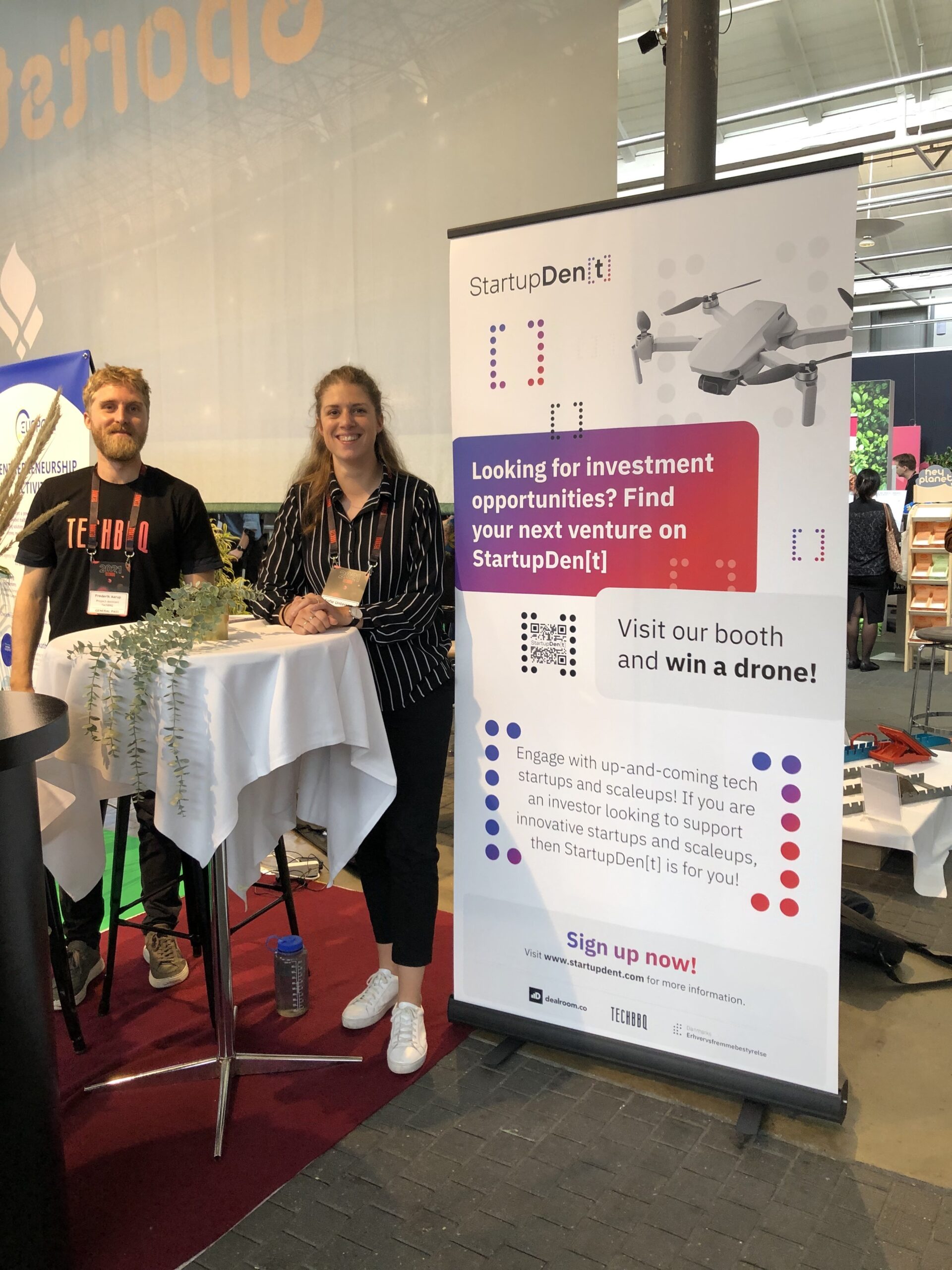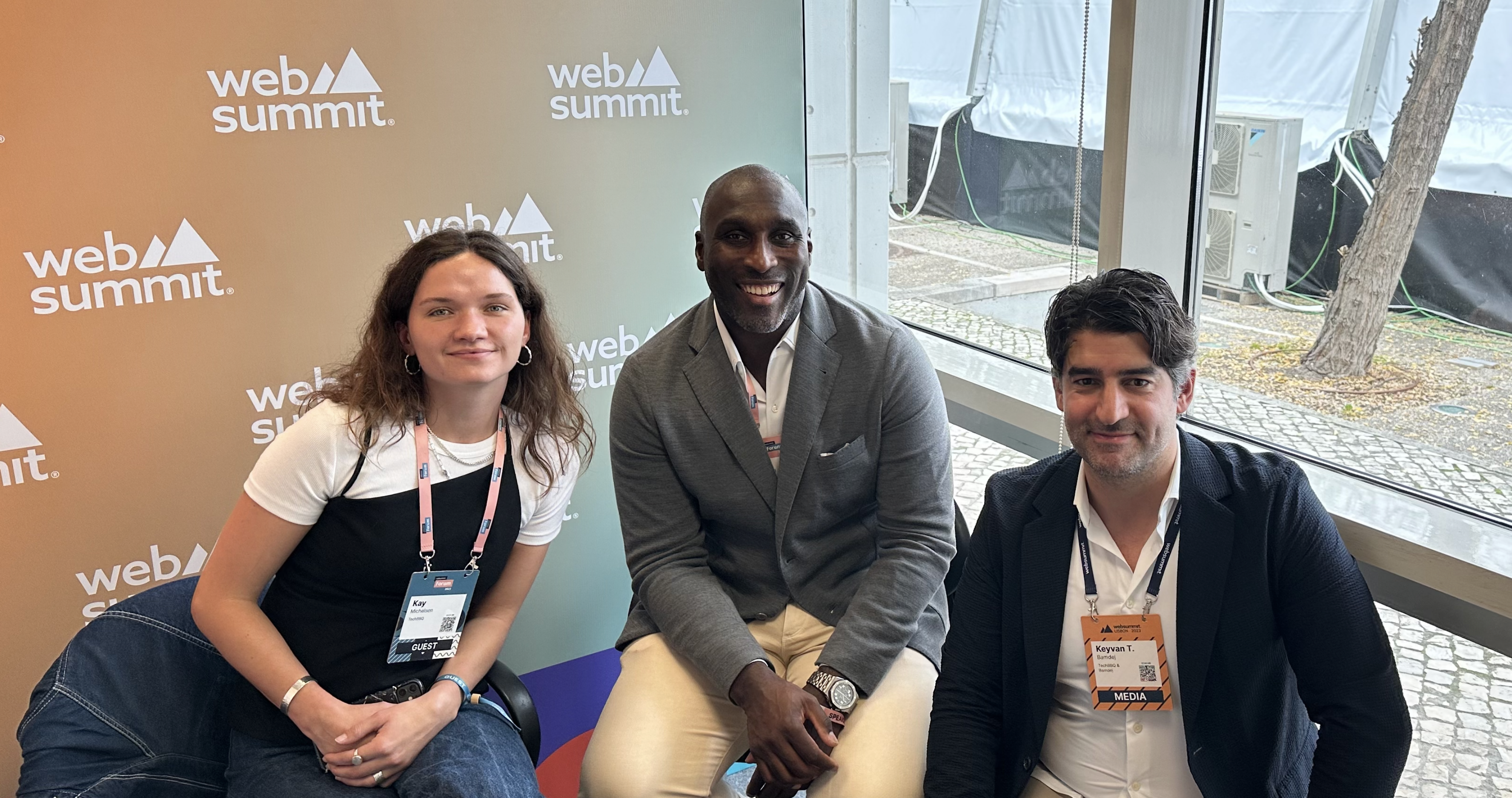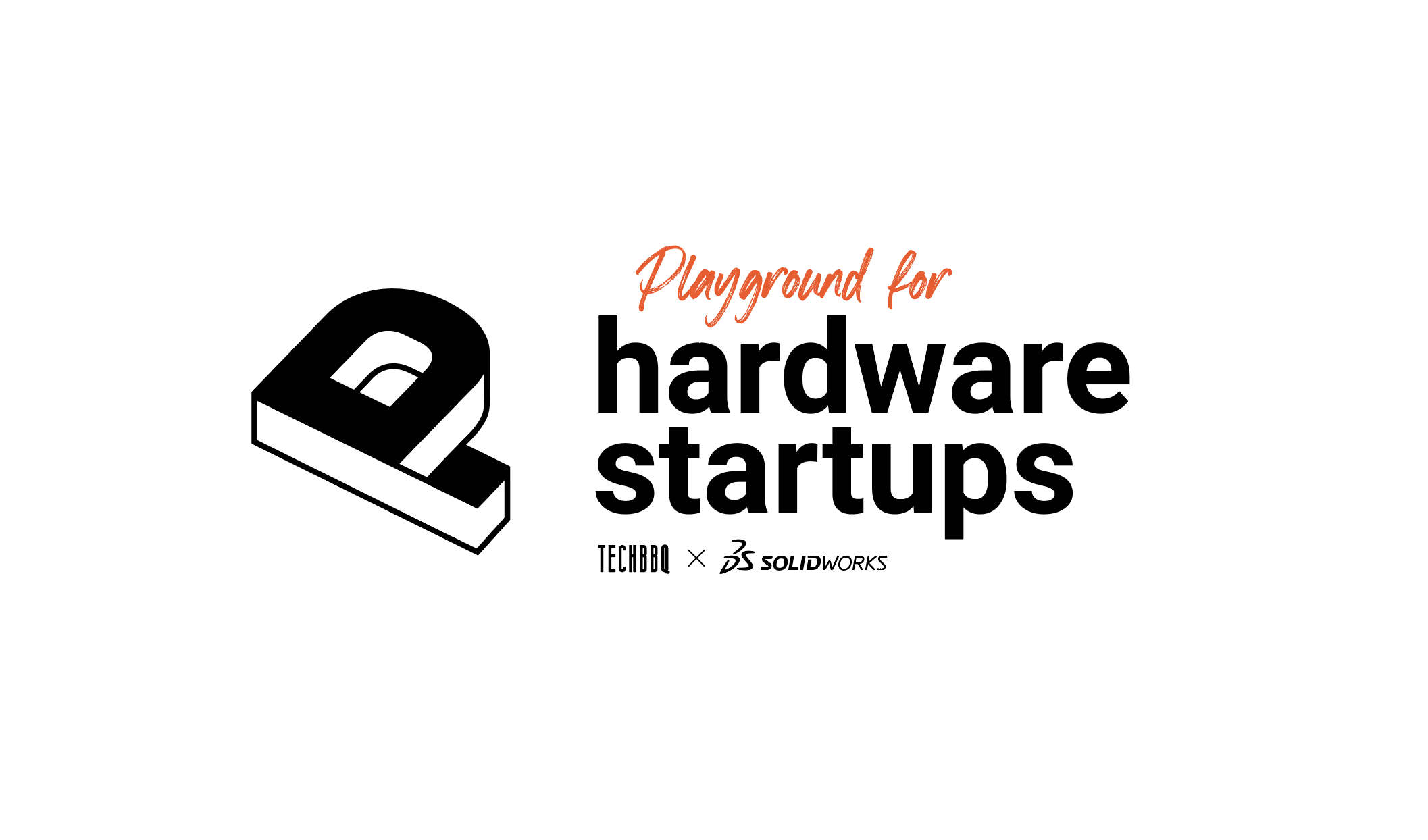
StartupDen[t] – the New Danish Startup Database
With the rising demand for more digital visibility and overview of Danish startups, there is no better time for StartupDen[t] and
#11: Web Summit 2023: Interview with Sol Campbell, former professional English football player
I attended Web Summit, one of the world’s largest tech conferences, representing TechBBQ and Danish media.
Thanks to its size and profile, Web Summit attracts some of the biggest names in the technology sphere. I had the opportunity to interview some of these speakers, who kindly took time from their busy schedules to share insights from their lives and experiences.
In 2023, November 13-16, the conference had over 70,000 attendees from 153 countries.
"GRILLED by TechBBQ" aims to inspire and connect Nordic audiences with voices from the global tech scene.

Keyvan Thomsen Bamdej:
»Thanks for taking the time.«
Sol Campbell:
»You are welcome.«
Keyvan:
»What brought you to Web Summit this year?«
Sol:
»It's my second time here. I was here in 2021, too. I'm primarily interested in sportstech, but I like to focus on what is happening more broadly in the tech world now - and where it is all going. It seems to be going in different directions, which is OK. The beautiful thing about Web Summit is that you understand that people are doing lots of stuff within tech, working very hard, and that technology is pushing the boundaries.«
Keyvan:
»Have you seen any exciting sports-tech companies here?«
Sol:
»Well, Striver is an abuse-free social media platform created by footballers for fans. I'm a part of it with footballers Harry Maguire, Roberto Carlos and Gilberto Silva. The idea is simple, and it's so intelligent with the AI helping strip out the abusive messages before they get sent out.«
Keyvan:
»It's interesting how many athletes and former/current professional footballers are entering the tech investment space. Is there something about this industry that encourages them to be a part of the future?«
Sol:
»The traditional footballer will still be investing in properties, etc., but as an industry, since football, as a sport has been and still is surrounded by technology for such a long time now, we have come to realize and are comfortable with investing in tech, understanding it's a coin toss at times, it can go well or bad, depending on the market.«
Keyvan:
»So, would you say footballers are conscious about moving into this space like we've seen more and more celebrities do?«
Sol:
»Sure, I mean, some football players are increasingly conscious about how they can make individual investments in things like sportstech. As a footballer, it's about understanding your worth in a system and then putting yourself somewhere else where you can collaborate with other people, too.«

Keyvan:
»Do you think the game of football could gain from much more integration of technology?«
Sol:
»For me, I'll be investing more in that space soon. The good thing is that it's just the beginning. I think we'll see much more technology in football in the future.«
Keyvan:
»Now, let's zoom out a bit. On a global scale, which country or region invests the most in sportstech? Is that Europe, like the UK, Spain, or Italy? Or where are the most investments going? And why?«
Sol:
»No doubt the Middle East.«
Keyvan:
»Why is that exactly?«
Sol:
»Well, they have no base, so they need to build it all up from the bottom. And they need to catch up with Europe, which has the world's best football clubs and leagues. In other words, they need to supercharge to be competitive. That's why they are so heavily economically invested in buying some of the best players to their leagues.«
Keyvan:
»So, you could compare the leagues in the region to a startup in some ways?«
Sol:
»Kind of, but with big budgets. They will experience failures and successes in the process, but regardless of how they do in the coming years, it's about the bigger picture for them. They want to be a part of the global football scene with these long term investments.«

Keyvan:
»Who was the most terrifying attacker in football you ever played against?«
Sol:
»Say, if I weren't physically and mentally ready to go on the pitch, any forward could take me on a bad day, especially if I was tired playing back-to-back matches. In the Christmas period in England, we sometimes have five games in 10-11 days, which is a physical challenge. However, how I typically would do the math is if, let's say, in 10 years - and not only in two games - not a single center-forward has had the best of me every single time. Both domestically and internationally.«
Keyvan:
»But were there any specific players who troubled you in any way?«
Sol:
»All of them did, for sure, here and there. You know, from Dennis Bergkamp to Thierry Henry to Alan Shearer at the beginning of my career when I played for Tottenham, to Andy Cole and Dwight Yorke. They all have had their days where they got the best of me, but over ten years consistently, not one!«
Keyvan:
»That's a good message. Anyone has the potential to take you down, but not over the long run.«
Sol:
»That's the one thing I love about football and sports. If you are not ready, and someone is geared up, they can take you out, and it can humble you. If it happens in a vital moment in the season, it can be a catastrophe.«

Kay Michelsen, Head of Program at TechBBQ:
»When you talk about vital moments and have games that mean something both for the football team but also the community, your fans who are so attached to you guys, whether it's a World Cup or domestic game, how do you take lessons from mental health or dealing with that kind of loss where it's pretty heavy?«
Sol:
»I think the heavy weight of losing for your national team is much more demanding than anything else. I've had too many losses because of referee decisions, close calls, penalties, or whatever. I played three World Cups and three European Cups in my country. We came close a couple of times to move on to the next level, but the losses are heavy because the World Cup is so precious and played only every four years.«
Keyvan:
»How is that?«
Sol:
»You know, once the opportunity is gone, it's gone — nothing you can do about it. If you're France, you know, you're probably going to win it every 12 years or so because the team is so stellar. They're going to produce an amazing team every decade. But for us, it weighed heavy on our hearts, and it hurt much more because we didn't know what the future would hold.«
Keyvan:
»What makes you say that?«
Sol:
»Well, in my case, I remember I was 21 at the European championship in 1996, where we lost in the semifinals against Germany on penalties. I thought, "Hey, this is still good; we'll win the next time; we are going to get there," or have another opportunity to go far in the tournament. But it didn't happen. So, it's a rare thing, a gem.«
Kay:
»How did you support each other in the weeks and months after?«
Sol:
»Back in the day, it was more like "let's get on with it," while today, you reflect more about the lost opportunities and realize how precious every moment was and think "if you just did this, if you just did that," things would be different.«
Keyvan:
»Looking at the contrary, what is the most fun moment or rewarding part of your footballing career?«
Sol:
»For me, it's having a two-decade footballing career. I was lucky enough to play 20 seasons with only some limited injuries. With all its ups and downs, from crucial and heroic tackles, scoring important goals, helping my teammates win, making mistakes, and practicing day in and out. Participating in the game I love, being in a competitive environment with great players, managers, and teammates, and writing football history was a great honor. It was a privilege as well to be able to perform on such a consistent level for such a long time.«
Keyvan:
»It sure sounds like it.«
Sol:
»Let's not forget all the traveling and the pressure of media; the internal and external expectations from yourself and your coach to perform well also played a huge role. To be able to deal with all of that and to still focus on the game to get a win for your team on the pitch required discipline, a good fitness level, and a winner's mindset.«
Keyvan:
»What's next for you? Could you see yourself as a full-time manager for a football team?«
Sol:
»I've done it twice already. Going forward, I love to. But I'm waiting for the right environment. I need the right people above me and around me. The ecosystem has to be correct. I'm not doing that at the moment.«
Sol Campbell on stage to discuss "Tackling sports inequality".
Sol Campbell is a former professional English football player, most known for his time at Arsenal and on the English national team. He is a two-time Premier League winner and one of the Arsenal Invincibles (the teams' unbeaten 2003-2004 squad, which went undefeated in the league's 38 games. A run that stretched to a record of 49 games).
Campbell works with former and current professional football players of color to be much more involved in technology, and sportstech, specifically to create an impact and reduce inequality and injustice within the world of sports.
The Arsenal team that went unbeaten from 2003-2004 in the league's 38 games goes by the name of "The Invincibles".

With the rising demand for more digital visibility and overview of Danish startups, there is no better time for StartupDen[t] and

Being a founder of a hardware company is no easy task. We asked four founders to share their insights, so others

#05: Web Summit 2022: Interview with Lubomila Jordanova, CEO and Co-founder of Plan A. Written by Keyvan Thomsen Bamdej December 22,